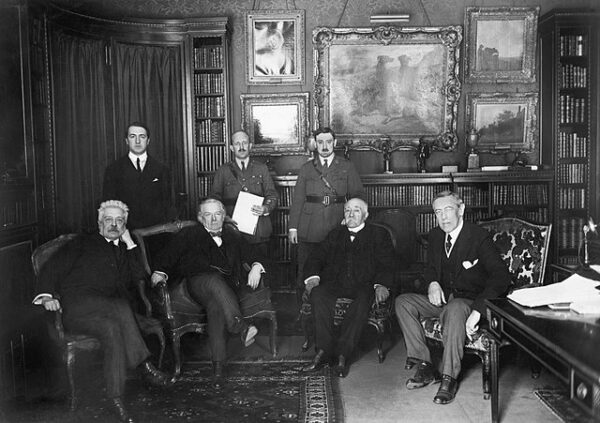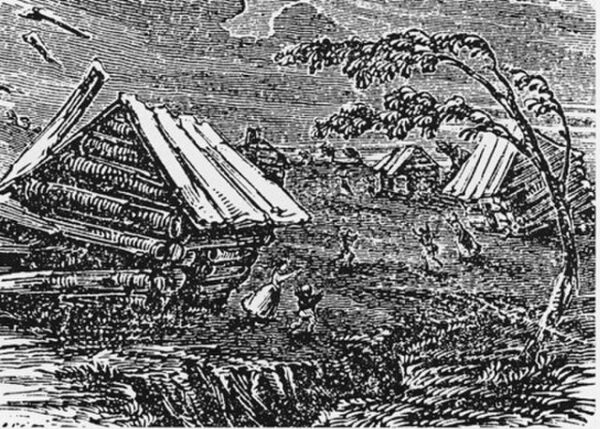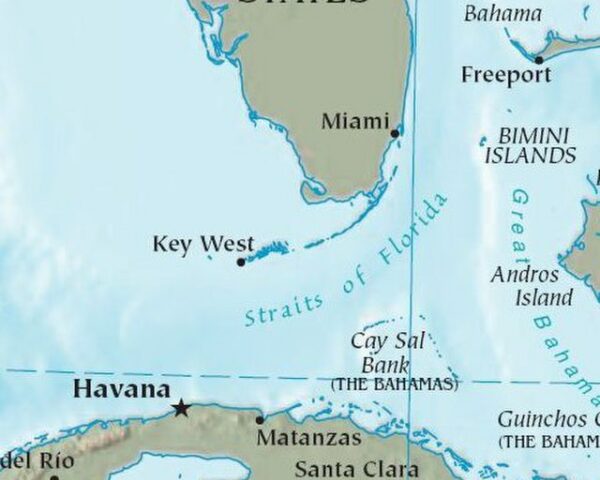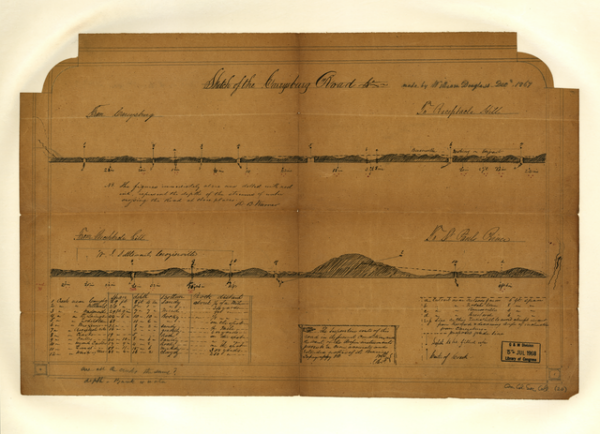Opening on January 18, 1919, The Paris Peace Conference, following the end of World War I, was a historic gathering that aimed to reshape the world order and establish lasting peace in the aftermath of horrifying destruction.
Attended by leaders of the Allied Powers, the conference addressed the aftermath of the devastating war and sought to prevent future conflicts. One of its key outcomes was the Treaty of Versailles, which dealt explicitly with Germany. The treaty imposed severe territorial, military, and economic restrictions on Germany, aiming to hold the nation accountable for the war and prevent its resurgence. However, the punitive nature of the treaty contributed to long-lasting consequences, fostering resentment and economic hardships in Germany that eventually fueled the rise of Adolf Hitler and the outbreak of World War II.
The Paris Peace Conference also witnessed the establishment of the League of Nations, a precursor to the United Nations, with the goal of promoting international cooperation and preventing future conflicts. While the League represented a noble effort, its effectiveness was limited, and it failed to prevent the outbreak of World War II. Nonetheless, the idea of international collaboration persisted, laying the groundwork for the more successful United Nations established after World War II, which continues to play a crucial role in global diplomacy and conflict resolution.
The conference’s impact extended beyond Europe, influencing the redrawing of borders in the Middle East and Asia. The arbitrary division of territories and the imposition of mandates in the Middle East, notably in Iraq and Palestine, contributed to ongoing geopolitical challenges and conflicts. The decisions made at the Paris Peace Conference left a lasting imprint on the world map, shaping regional dynamics and contributing to tensions that still persist.
Furthermore, the conference marked a shift in global power dynamics. Traditional empires, such as the Ottoman Empire and Austro-Hungarian Empire, were dismantled, and new nations emerged. Redrawing borders and establishing new states had profound implications for national identities and ethnic relations.
The Paris Peace Conference of 1919 was a watershed moment in modern history, attempting to redefine the world order after the devastation of World War I. While its intentions were noble, the outcomes, notably the Treaty of Versailles, had lasting and complex consequences. The conference shaped the geopolitical landscape, influenced the establishment of international organizations, and set the stage for future conflicts, making it a critical chapter in the history of the 20th century.






